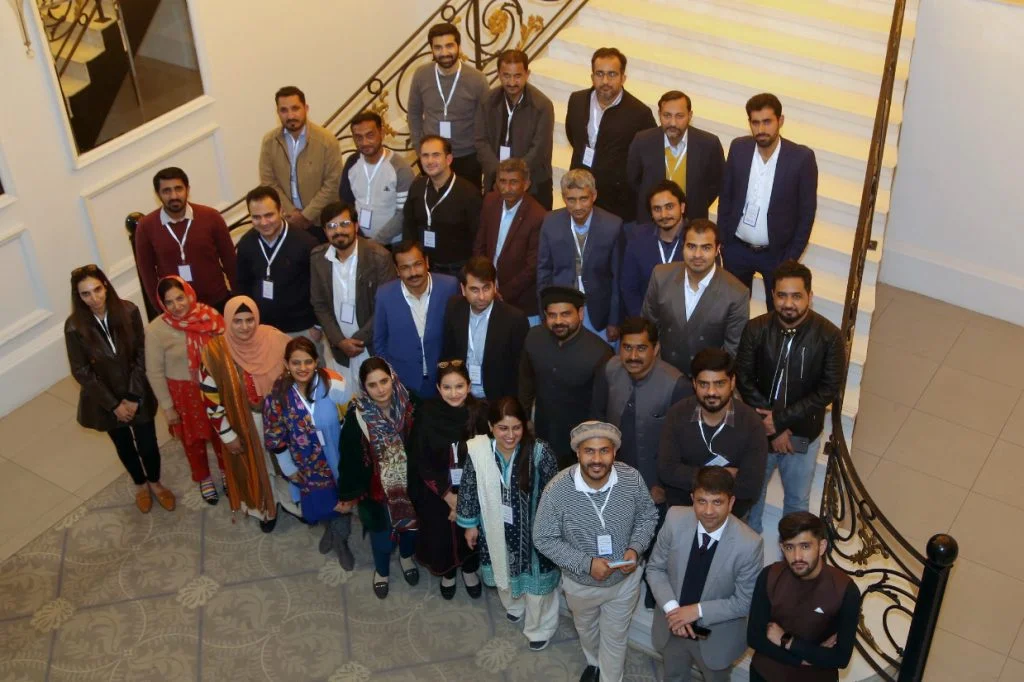
As the 2024 cotton season begins in Pakistan, Better Cotton is kicking off a new project to digitalise field data collection in the country.
With consumers, legislators and the cotton industry at large seeking transparency about the origins and route to market of cotton, there is a growing demand for more information about cotton supply chains. These growing needs require more sophisticated technological solutions and processes to be introduced at the farm level to create an efficient, timely and credible data life cycle.
In order to improve data collection at the farm level, Better Cotton Pakistan has set up a project with 40 smallholder Producer Units (PUs), that will streamline their transition to digital methods of data collection. Better Cotton is supporting Programme Partners in the country with standardised data collection tools, software licences and training for field staff.
In January 2024, the Monitoring Evaluation and Learning, Data, and Assurance teams from nine Better Cotton Programme Partners in Pakistan came together for a day-long workshop to prepare for the commencement of this project. The primary objective of the session was to review and standardise data collection tools related to farmer identification and participation, capacity-strengthening sessions, adoption of sustainable practices, and farm-level inputs and outputs.
The ambition is that through this first phase of the project rollout, almost 40% of Better Cotton Producer Units in Pakistan will adopt tech-driven methods for collecting farmer data. This will pave the way for the digital recording of capacity-strengthening data, and ultimately facilitate the adoption of more sustainable farming practices. In the next phase, the remaining Producer Units in the country will be upgraded, resulting in all field data being handled digitally throughout its life cycle.
This digitalisation rollout plan is informed by the learnings from multiple previous pilots carried out across Better Cotton’s programmes, including a farmer data digitalisation Pilot in India, a project to digitalise farmer field books in Mozambique, and a first mile traceability pilot in Pakistan.
This strategic move towards digitalisation reflects Better Cotton’s commitment to enhancing Programme Partners’ efficiency, improving data quality, ensuring data traceability, elevating analytics capacity, and strengthening data governance within the country team and Programme Partners, setting a positive precedent for the future of cotton in the region.







































